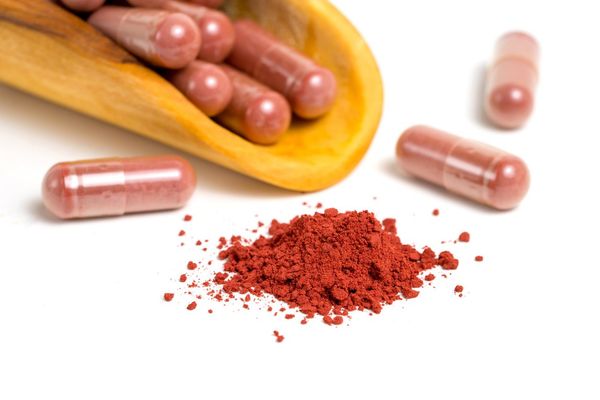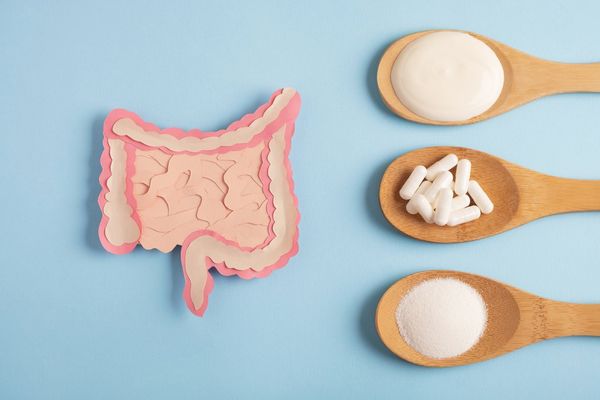Q:
Should I be taking supplements? I've read so many conflicting reports lately.
A:
I recommend supplements and herbs for all types of uses, from keeping your bones strong to staying healthy during the winter. So, I'm sure you were baffled if you read some reports on whether supplements are good for us or not.
Two recent studies have cast doubts over the usefulness of dietary supplements. One study looked at the use of vitamin and mineral supplements in 38,772 older women in the Iowa Women's Health Study, concluding that increased use was associated with a 2.4 percent higher risk of mortality when compared to those who did not take supplements. Another study, The Selenium and Vitamin E Cancer Prevention Trial, found that the use of vitamin E and selenium supplements in 35,000 men slightly increased the risk of prostate cancer in the men taking vitamin E alone and slightly increased the risk of diabetes in men taking selenium alone, but neither group's results were statistically significant.
When headlines like these hit the newsstands, the details are in the fine print. In the women's study, the only supplement that seemed to help reduce the risk of death was calcium. Others, like vitamins A and D, had no effect.
When looking more in-depth at the studies above, however, we need to consider such variables as the population studied and the supplements used. For example, the Iowa Women's Health Study only looked at older white women, so we have to be careful when applying such conclusions to the general population.
In the men's study, the vitamin E supplement that was used contained solely alpha-tocopherol, one of many types of vitamin E produced in nature. So, can we really say that taking a synthetic supplement, not representative of natural vitamin E, would have the same effect on health as a mixed-tocopherol supplement? We have to be careful about making blanket statements on a vitamin without understanding the type that was used. In addition, because the results were not statistically significant, we really can't draw any conclusion from this study, and more studies need to be done.
In contrast to these reports, prior research has clearly shown scientific benefit for certain supplements.
Multiple studies have shown the following:
- Calcium and vitamin D help prevent osteoporosis.
- Folic acid helps prevent birth defects.
- Omega-3 fatty acids help improve cellular communication, prevent cardiac arrhythmias, reduce inflammation and lower cholesterol and blood pressure.
- Lutein and zeaxanthin help prevent age-related blindness, known as macular degeneration.
To this list, I will add vitamin B12 for vegetarians and vegans, who may not be getting enough in their diets, and patients chronically taking either a proton pump inhibitor, an acid reducer used for acid reflux or metformin, a drug used to treat diabetes, both of which affect the absorption of B12. Patients with celiac disease may have trouble absorbing vitamins from their food, in addition to people with malabsorption syndromes from other causes, such as food intolerances and leaky gut syndrome.
The elderly and alcoholics are also at higher risk for vitamin deficiencies and will benefit from vitamin supplementation. If you feel a cold or flu coming on, research has shown that zinc can help reduce the duration of your illness.
The U.S. Department of Health and Human Services has studied the American diet and found that it does not always provide all the vitamins and nutrients we need. In fact, a study that analyzed 70 diets found that all subjects tested, including athletes and sedentary individuals, were short of the minimum recommended by the RDA for at least one or more key micronutrients.
So how do we sum up the parts? My recommendations are:
- Take a high-quality, whole-food based multivitamin, multi-mineral formula.
- For bone health, women should take 600 mg of calcium citrate twice a day.
- For its multiple health benefits, take vitamin D3 2,000 IU daily. However, you may need up to 5,000 IU daily during the winter months if you live above 35-degree latitude, approximately Raleigh, N.C.
- Take an omega-3 containing both EPA and DHA, 1,000 to 2,000 mg daily for cardiovascular health.
- Discuss your special circumstances with your doctor to choose a supplement plan that best suits your individual needs. For example, if you are vegetarian or vegan, you may need extra vitamin B12.
- Finally, don't forget, the most important first step is to eat whole, organic, not genetically modified foods, preferably locally produced, and not in excess.







